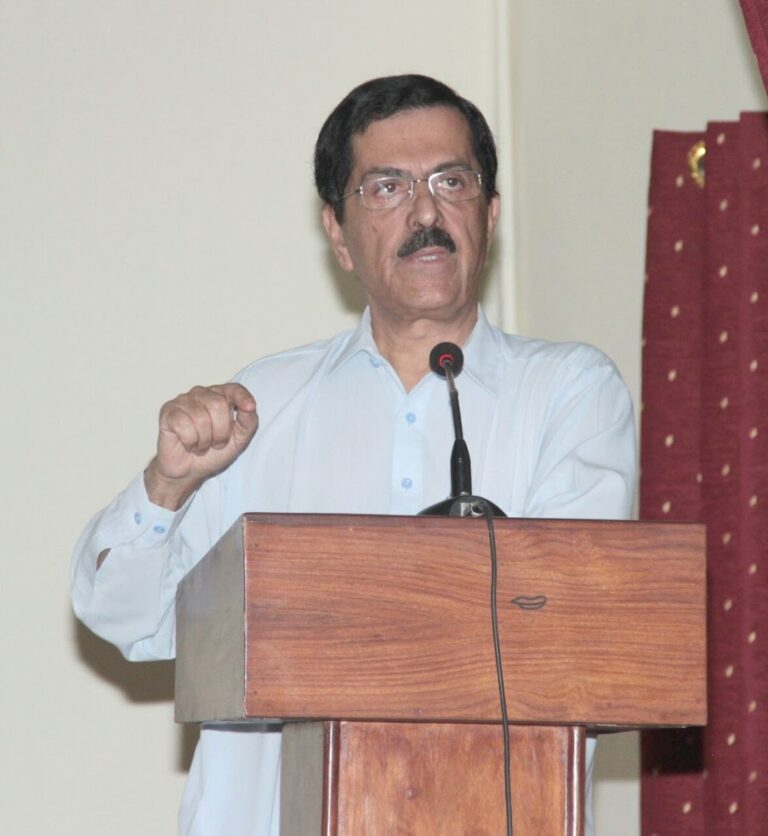As we age, muscle degeneration becomes a natural concern. Muscle mass and strength tend to decline over time, a condition known as sarcopenia, which can significantly impact daily activities and overall health. However, according to Dr sudipta mohanty BOSTON, muscle degeneration is not inevitable. With the right approach, it’s possible to prevent, delay, and even reverse the effects of muscle loss. Dr. Mohanty shares his key recommendations for maintaining muscle health and preventing degeneration as we age.
1. Prioritize Strength Training
Strength training is one of the most effective ways to prevent muscle degeneration. Dr. Mohanty emphasizes that resistance exercises are essential for stimulating muscle growth and maintaining muscle mass. Regular strength training increases the size and strength of muscles, which helps combat the natural decline in muscle tissue.
Dr. Mohanty recommends including at least two to three strength training sessions each week. These can involve lifting weights, using resistance bands, or performing bodyweight exercises like squats, lunges, and push-ups. Focusing on different muscle groups during each session ensures balanced muscle development and maintenance.
2. Maintain a Protein-Rich Diet
Nutrition plays a critical role in preventing muscle degeneration. Dr. Mohanty points out that protein is essential for muscle repair and growth. Without adequate protein intake, the body may struggle to rebuild muscle tissue after exercise, accelerating the process of muscle loss.
To support muscle health, Dr. Mohanty advises incorporating high-quality protein sources into your diet, such as lean meats, fish, eggs, legumes, and plant-based proteins like quinoa and tofu. He suggests aiming for about 1.2 to 2.0 grams of protein per kilogram of body weight per day, depending on activity level. Pairing protein with healthy fats and complex carbohydrates ensures your body has the energy and nutrients it needs for muscle maintenance.
3. Get Sufficient Sleep and Rest
Recovery is a vital component of muscle health, and adequate sleep is necessary for muscle repair. Dr. Mohanty explains that during sleep, the body releases growth hormones that aid in muscle tissue regeneration. Without enough restorative sleep, the body struggles to repair and maintain muscle mass effectively.
Dr. Mohanty recommends getting 7-9 hours of sleep each night. In addition to sleep, allowing muscles time to rest between strength training sessions gives them the opportunity to recover, repair, and grow stronger. Avoid overtraining, as this can contribute to muscle breakdown rather than growth.
4. Stay Active with Regular Physical Activity
While strength training is crucial, Dr. Mohanty also advocates for overall physical activity, including cardiovascular exercises such as walking, swimming, or cycling. Cardiovascular exercises improve blood circulation, delivering oxygen and nutrients to muscles, which helps keep them healthy.
However, Dr sudipta mohanty BOSTON advises not to rely solely on cardio. Too much aerobic activity without resistance training can contribute to muscle loss. He suggests maintaining a balance between strength training and cardiovascular exercise for optimal muscle health and overall fitness.
5. Prevent Injury through Proper Form
Injuries can accelerate muscle degeneration, so Dr. Mohanty stresses the importance of using proper technique during exercise. Incorrect form can place undue stress on muscles and joints, leading to injuries that may require extended recovery periods. These injuries can also cause muscle atrophy due to disuse.
To avoid injury, Dr. Mohanty recommends learning proper exercise techniques, possibly with the guidance of a fitness trainer, and starting with lighter weights or resistance until you build up strength. Stretching and warming up before exercise can also help prevent muscle strains.
6. Stay Hydrated
Hydration is essential for overall muscle function. Dehydration can cause muscle cramps, fatigue, and longer recovery times. Dr. Mohanty suggests drinking water consistently throughout the day, especially before, during, and after exercise, to maintain proper muscle function and support recovery.
Electrolyte-rich drinks may also help replenish fluids and minerals lost during intense workouts, particularly in hot or humid conditions.
Conclusion
Preventing muscle degeneration is possible with a holistic approach that includes strength training, proper nutrition, rest, and hydration. Dr sudipta mohanty BOSTON recommendations emphasize the importance of consistency and balance in your fitness routine. By following these guidelines, you can protect your muscles from degeneration, maintain strength, and enjoy a healthy, active lifestyle well into your later years. Maintaining muscle health is not only about preventing loss—it’s about enhancing your quality of life and staying independent as you age.


